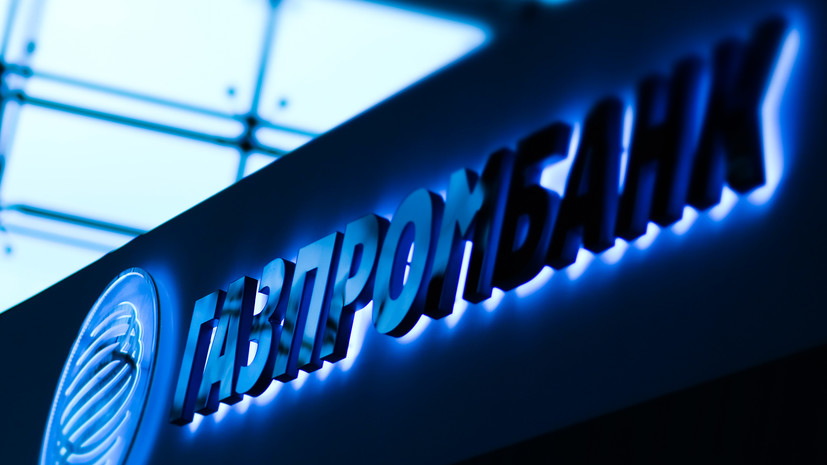From 2 to 5 June, the 24th St. Petersburg International Economic Forum was held in Russia.
In addition to discussing the already traditional issues in the field of investment, finance and energy, the participants of the business platform also touched on the topic of technology development.
Thus, at the Gazprombank stand there was a presentation of projects on the use of quantum sensors.
“Quantum technologies have many different areas of application: from quantum information security to medicine.
Gazprombank was one of the first in Russia to see this prospect, and today the investments we have made are yielding breakthrough results.
We see a huge commercial potential of these technologies, ”said Dmitry Sauers, Deputy Chairman of the Bank's Management Board.
According to him, today Gazprombank is one of the largest investors in the field of quantum technologies.
Since 2014, the organization has been financing projects of the Russian Quantum Center (RQC), and since then the total investment has already exceeded 2 billion rubles.
As part of one of these projects, the RCC is developing special magnetic field sensors.
This is a technology that allows high-precision registration of brain signals.
“Today, devices based on ultrasensitive quantum sensors are beginning to play an increasing role in medicine and biology.
The use of such technologies will make it possible to diagnose many diseases at the earliest stage, ”said the project manager Maxim Ostras.
RCC experts presented quantum sensors created with the support of Gazprombank
As the specialist explained, the sensors being developed are devices that, due to the use of quantum mechanical phenomena, can reach a fundamentally new level of sensitivity in comparison with classical diagnostic methods.
Sensors make it possible to monitor the processes occurring in the human body at the cellular and molecular levels, which can significantly expand the scope of research in the field of medicine, Ostras is sure.
According to him, the use of quantum sensors allows you to "look" deep into the human brain.
In particular, this diagnostic method can be effective for detecting epilepsy.
“Epilepsy is the spontaneous excitation of areas of the cerebral cortex, which is often difficult to diagnose. Moreover, there are types of epilepsy that cannot be treated with medication, and people are essentially disabled. However, with the help of quantum sensors, it is possible to localize these small areas and carry out an operation, after which a person recovers, ”explained Maksim Ostras.
It is noteworthy that at the moment the RCC, with the support of Gazprombank, has launched a new project together with Skoltech professor Gleb Sukhorukov, one of the world famous scientists of Russian origin.
The participants in the initiative have created a new interdisciplinary direction in theranostic.
We are talking about the therapy and diagnosis of a wide range of diseases at the same time.
As Maksim Ostras noted, it is planned to publish the applied results of the work in the near future.
Meanwhile, the use of quantum technologies can find application not only in medicine, Dmitry Sauers emphasized.
So, according to him, the corresponding developments make it possible to get discoveries in completely different areas.
“A number of these technologies already have pilot integrations in our bank.
In particular, these are quantum communications, which make it possible to protect any two communication nodes in an absolutely reliable way, ”Sauers said.
Another area of application of quantum technologies is used precisely in banking, said the top manager.
According to him, we are talking about quantum computing.
“Today the state is doing a big project in the field of building a quantum computer, we are actively participating in it.
Of course, when a quantum computer is made, it will significantly increase the efficiency of modeling processes, both financial and non-financial, ”added Dmitry Sauers.
Note that the launch of a project to create a Russian quantum computer was announced back in November 2019. The total cost of the initiative is estimated at 24 billion rubles. It is assumed that the first results of the work will be presented in 2021-2022.

